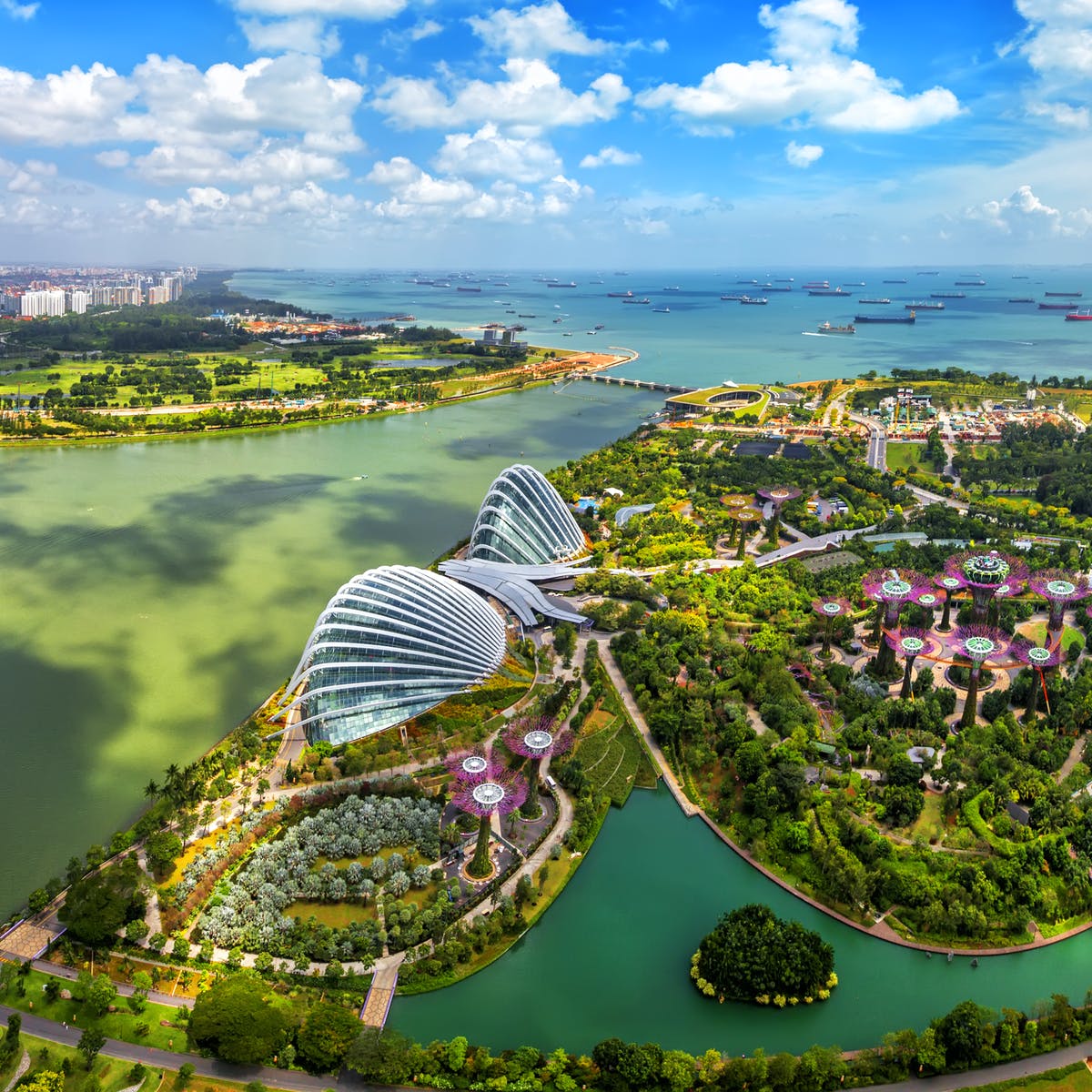Utopia in Books

Utopia in books
When thinking about utopia, most people imagine a kind of a perfect society that has achieved economic, technological, and societal development that enables each and every one of its members to live happily. Many books about Utopian societies describe these perfect communities where each member has all the goods and lives a full life. Utopia in books has been through a variety of changes, and today we will take a look at some of the most notable examples of utopian literature and see how what it is like.

Utopia by Thomas More
Yes, it all started with a namesake book by Thomas More, the one book that started it all. In this book, we can see an island called utopia populated by happy people who despise material goods, live in harmony, and are perfectly happy with their way of living. Of course, there are some controversial points in there, such as Utopians owning slaves. Though some of the author's views are outdated and downright unacceptable by modern standards, More has managed to create the picture of an ideal state, at least by the standards of his time.
Republic by Plato
Although republic is not a true utopian fiction, it is the first work of literature that discusses the societal norms, a role of a leader, a class system, and a system of governance that makes a perfect state. Of course, this kind of utopia is outdated, as Plato seems to be perfectly fine with slavery, but it is a remarkable work that gives us a glimpse into what a perfect world would be like for the Ancient Greek philosopher.
Island by Aldous Huxley
Island is a great example of how the notion of a perfect world has changed over the centuries as Huxley gives as a picture of a modern utopia. Apart from just telling us about utopia, the author gives a clear proposal on how we could actually achieve it, a real recipe on how to create a utopian society. Of course, it all looks good on paper, but the ideas outlined by Huxley might just be what we need to improve our society right now. On the Island, we see a largely vegetarian society whose economy is based on sustainable agriculture. These ideas as what is currently considered to be one of the best ways to achieve sustainability in our lifetime. Island is a unique book as it really does propose a roadmap for achieving that perfect society.
Ecotopia by Ernest Callenbach
Callenbach takes some of Huxley's ideas and takes them one step further making an emphasis on making the planet greener. The Ecotopia is what the author sees as a solution to most of our problems, including economic and societal issues people currently face. Considering how badly we've damaged our planet already, we all need to take a page from that book and think about how each and every one of us can make this planet a bit greener. If you think about it, all the current achievements of humankind would turn useless if we kill off the very ecosystems we live in. That is why Callenbach's ideas are as relevant as ever.
We by Evgeny Zamyatin
Zamyatin's utopian book is a complete opposite of what his real-life actually was - a dystopian totalitarian soviet society. Zamyatin tried to describe the terrors of Stalin's soviet union by showing us what a real dystopia is like and how the dreams of a perfect future turn to ashes being crushed by the hand of a tyrant. This is a terrible picture of the dystopian world to rival 1986 and Brave New World.

New Atlantis by Francis Bacon
Written during the Enlightenment period, the New Atlantis puts scientific experiment and knowledge into the center of social development and growth. As one of the early books in the genre, it has some controversial points here and there, but the main idea remains relevant to this day. Science is the key to unlocking the secrets of nature and bettering our lives. The author, as a man of his time, puts enlightenment and scientific knowledge above all else, and these ideals are still relevant for many people around the globe.
Wrap Up
The thing about utopia is that you can never reach it. Yes, we can work towards it and improve our communities one little step a day, but we will never be able to reach that perfection so many authors strived for in their books. A wonderful thing about utopias is that we can all relate to this dream - a perfect state governed by wise leaders and populated by responsible and kind people.

